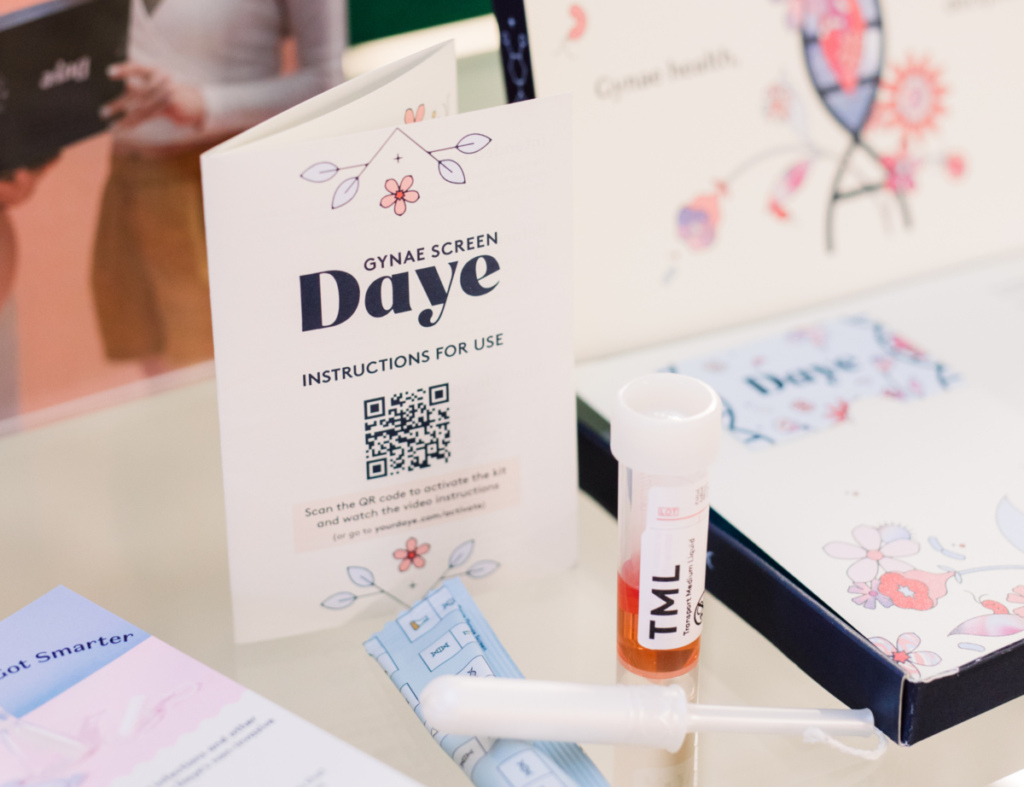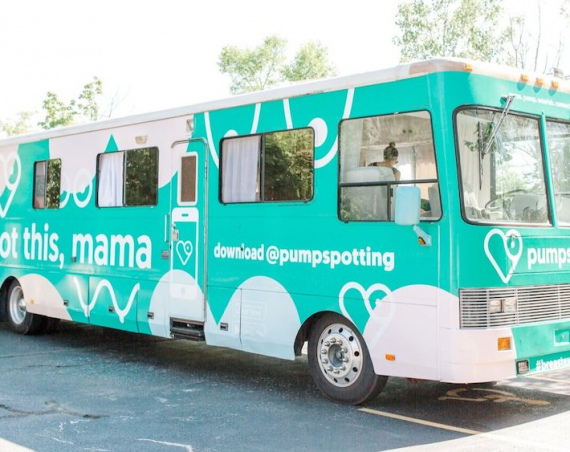
Gynaecological health startup Daye is expanding its healthcare offering with an at-home STI screening kit, adding another layer of innovation to its existing tampon-based vaginal microbiome screening service. This novel product aims to transform how individuals approach sexually transmitted infection (STI) testing by offering a discreet, comfortable, and efficient alternative to traditional methods.
The newly launched tampon-based diagnostic tool is designed to allow women and individuals assigned female at birth (AFAB) to test for common STIs, including chlamydia and gonorrhoea, from the privacy of their homes. This development is particularly timely given the reported 24% increase in STI cases over the past year.
Valentina Milanova, Founder of Daye, comments: “Despite living in a world where over a million people get an STI every day, STI testing has chronically low rates post COVID-19, and as a result, many women and AFAB individuals could have an infection unknowingly because they have no symptoms. Our STI Diagnostic Tampon makes STI testing extremely easy, comfortable and discrete. We hope our approach will end the “STIgma”, revolutionise STI testing and lead to a dramatic uptick in the number of women getting checked, helping them protect their long-term health and fertility.”
Utilizing advanced PCR (Polymerase Chain Reaction) technology, the STI Diagnostic Tampon can detect infections like chlamydia, gonorrhoea, trichomonas, mycoplasma, and ureaplasma with precision, ensuring reliability in the screening process. The comfort and ease of use of the tampon aims to encourage more individuals to undertake regular STI screenings, especially considering the statistics showing that over half of the population have never attended a sexual health check.
Daye’s approach is backed by clinical trials involving 600 patients, with analyses conducted in a UKAS-accredited laboratory using CQC-approved screening methodologies. The service includes a comprehensive aftercare package, offering treatments and consultations with healthcare professionals, addressing the need for accessible and holistic gynaecological care.



